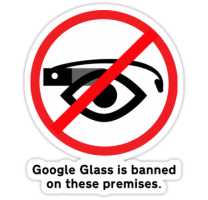December 6, 2013
Businesses missing the potential of property to benefit performance says BCO
The UK spent an estimated £28.5 billion on offices in 2012 – outstripping business expenditure on legal services (£24.3bn), accounting (£14bn) and insurance services (£23.8bn). Yet despite this, nearly three fifths (57%) of 250 senior executives from large organisations in a recent poll said property issues are not regularly discussed in the boardroom and responsibility for property is still likely to fall outside management teams. The research, carried out by the Centre for Economics and Business Research (Cebr) and Populus, found businesses take a very cost-centric view towards the workplace. Although almost three-quarters of organisations were constantly analysing and assessing whether their space is being used efficiently, cost was still found to be the most important factor in assessing the office’s performance (73%). More →


























December 6, 2013
Extended rights to flexible working could prove a logistical headache for employers
by Pam Loch • Comment, Flexible working, Workplace
A recent decision by the government could result in emptier offices on Fridays and Mondays as staff vie with each other to work from home. This is because from April 2014 onwards, employers will have to be prepared to consider flexible working requests from any employee, not just for employees who have children under the age of 17 or responsibilities as carers. One of the more challenging areas for employers is how to manage condensed hours requests and to keep enough staff covering core office hours, without affecting the business. This could result in employers having to juggle competing flexible working requests from employees who they may not be able to accommodate all at the same time. More →